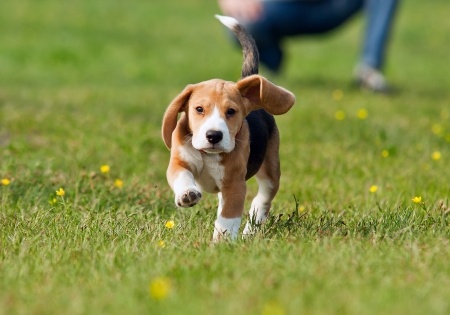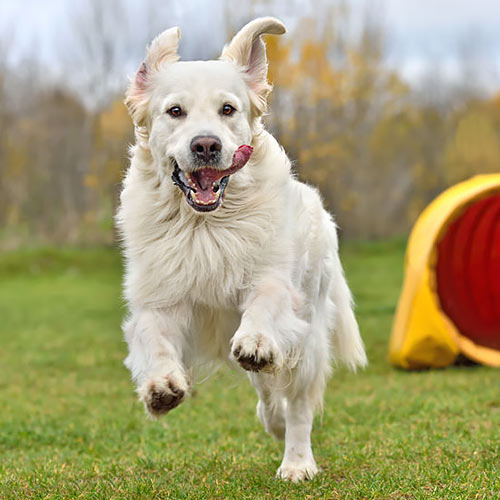Successful dog training starts at the very beginning. Like children, puppies require rules and reinforcement to learn positive and negative behaviors. They need to understand their role in the family and learn the right ways to interact with people and other pups.
Starting obedience training at a young age ensures a puppy grows up with a strong foundation for their future.
As a dog trainer of young pups, it’s essential that you understand the importance of this training at this age.
Ends negative habits early
 Puppies are curious, excited creatures that often exhibit a wild streak in their immaturity. They may bark excessively, chew up items in the home, whine for attention, or dig into the furniture. When a family sits down for an evening meal, a puppy will begin to beg each family member for scraps.
Puppies are curious, excited creatures that often exhibit a wild streak in their immaturity. They may bark excessively, chew up items in the home, whine for attention, or dig into the furniture. When a family sits down for an evening meal, a puppy will begin to beg each family member for scraps.
It is your job as a successful dog trainer to break these sorts of negative behaviors and encourage better listening and learning skills. Teaching a puppy how to behave in his younger years helps him to grow into a well-mannered adult.
Develops superior socialization skills
Dogs require early human contact shortly after birth to get used to interacting with people. Breeders hold puppies and introduce them to noise to get them used to human touch and sound. When the puppy gets a little older, owners should start socializing them with other people and animals. Socializing is a large part of obedience training. Make sure to promote puppy socialization, helping with behavioral issues, reducing anxiety, and keeping them in good shape.
Creates a solid connection
Puppies crave attention and affection, and obedience training gives them just that. Your training process can help establish the owner and puppy bond, teaching the pup to rely on its owner for direction and instruction.
Are you interested in learning more about obedience training for puppies? Check out the dog trainer courses available at Dog Trainer College then give us a call at 812-650-2394 to learn how to take advantage of our classes!

